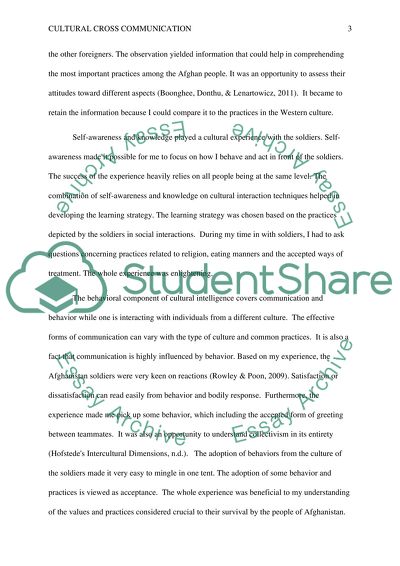Cite this document
(“Cultural Intelligence Research Paper Example | Topics and Well Written Essays - 1500 words”, n.d.)
Retrieved from https://studentshare.org/human-resources/1694429-cultural-intelligence
Retrieved from https://studentshare.org/human-resources/1694429-cultural-intelligence
(Cultural Intelligence Research Paper Example | Topics and Well Written Essays - 1500 Words)
https://studentshare.org/human-resources/1694429-cultural-intelligence.
https://studentshare.org/human-resources/1694429-cultural-intelligence.
“Cultural Intelligence Research Paper Example | Topics and Well Written Essays - 1500 Words”, n.d. https://studentshare.org/human-resources/1694429-cultural-intelligence.


